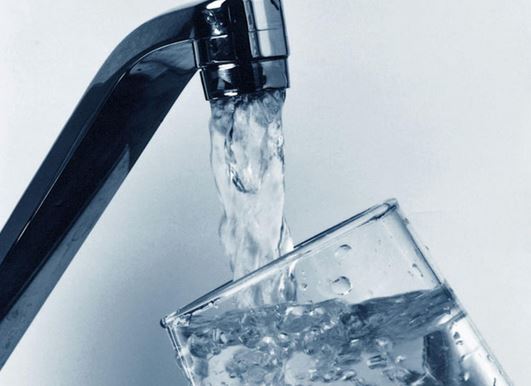The UN warned on Friday that by 2030 the world may only have 60 percent of the water necessary to sustain itself.
Demand is expected to surge because of population growth, urbanization, food and energy security policies, and increasing consumption.
In its World Water Report 2015 the UN said that the ‘water crisis was one of governance and not of due to the lack of resource availability’.

Around 20 percent of groundwater sources are “overexploited” and the problem is only expected to get worse by 2050 – when demand for water is expected to double.
The increasing demand for energy and freshwater will present big challenges and strain resources in nearly all regions, especially in developing and emerging economies.
The report said:
“By 2050, global water demand is projected to increase by 55%, mainly due to growing demands from manufacturing, thermal electricity generation and domestic use and the world will have to produce 60 percent more food and the global water demand for industry is predicted to increase by 400 per cent,”
“The challenge will be greatest in developing and emerging economies, where agriculture, industry and urban areas are often growing at an unprecedented pace. Worldwide, 1.3 billion people currently live without electricity, 780 million lack access to safe drinking water, and 2.5 billion are without sanitation.”
Decisions about increasing energy production will “determine the sustainability of freshwater resources tomorrow”
Water is key to producing energy. It is one of the main factors in the development of hydropower and thermal electricity generation. Therefore, all decisions about energy production should take into account the limits of water resources, the report said.
There is a conflict between power generation and other water uses. Thermal power generation currently accounts for 80% of global electricity production. In many developed countries one half of all water withdrawals are used in thermal power generation.
“The decisions made today about how to increase energy production will determine the sustainability of freshwater resources tomorrow.”
